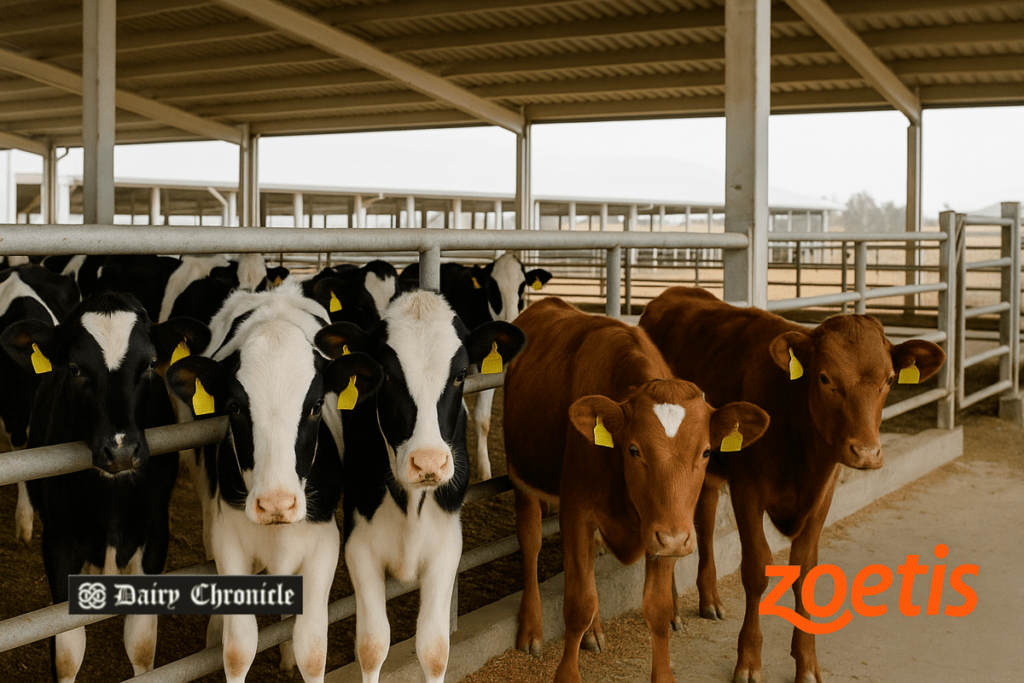Michael Overton of Zoetis, a global leader in animal health, highlighted the critical role of heifer selection in dairy farming during the 2025 Western Dairy Management Conference in Reno, Nevada. By focusing on evaluation, planning, and economic considerations, Overton emphasized how proper heifer replacement decisions can improve herd quality, productivity, and overall farm profitability.
Michael Overton, a prominent expert from Zoetis, a global leader in animal health, delivered a compelling presentation at the 2025 Western Dairy Management Conference in Reno, Nevada. Overton emphasized the importance of careful evaluation and planning when selecting dairy heifers, noting that raising a heifer does not automatically guarantee her place in the herd. This decision is crucial for the long-term success and profitability of a dairy farm.
Zoetis is renowned for its expertise in animal health and its commitment to supporting farmers in improving herd management practices through advanced technologies and research.
In his address, Overton stressed that each heifer should be evaluated to ensure she represents an upgrade over the lowest-performing cows in the herd. If a heifer stands out as an improvement, she should replace a current cow in the lactating herd to enhance overall productivity. “If she represents an upgrade, bring her in. Let her join the lactating herd, which means she replaces a current existing cow,” Overton explained.
Key Factors in Heifer Selection
The decision to replace older cows with new heifers hinges on several factors, including the quantity and quality of the heifers produced. Overton advised producers to focus on selecting heifers with high genetic potential, proper growth, and development, good health, and the right age for first calving. These criteria ensure that the heifer contributes positively to herd dynamics.
Overton also pointed out that producers often overestimate the number of heifers that will ultimately reach calving. To make informed decisions, producers should analyze historical performance data over the past 24 to 36 months and adjust their expectations accordingly.
Economic Considerations in Heifer Selection
Zoetis’ Overton emphasized the importance of integrating economic evaluations into heifer selection. Calculating the net replacement cost involves comparing market cow values with the costs of acquiring new heifers. Understanding milk price fluctuations also plays a significant role in economic planning for the future.
Ultimately, Overton concluded that effective heifer selection is vital for enhancing herd quality and productivity. By focusing on key factors like evaluation, planning, and economic strategy, dairy producers can ensure their herd remains competitive and sustainable for the future.




6 Comments
1qmlbg
kx636f
6v7ax0
24iqvk
eq2srh
eq2srh